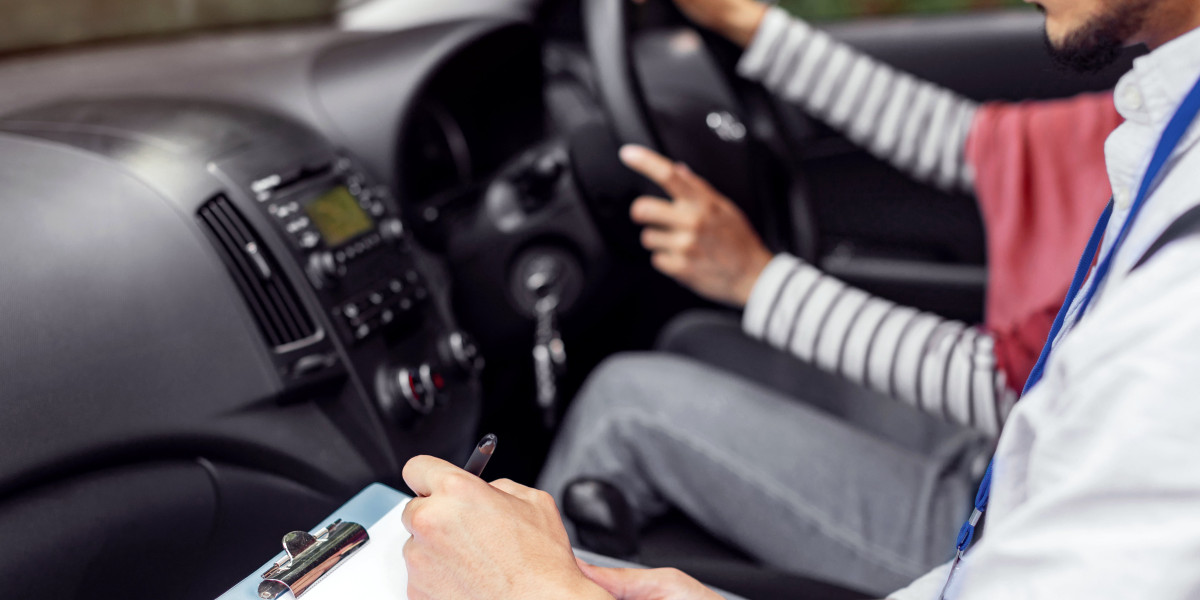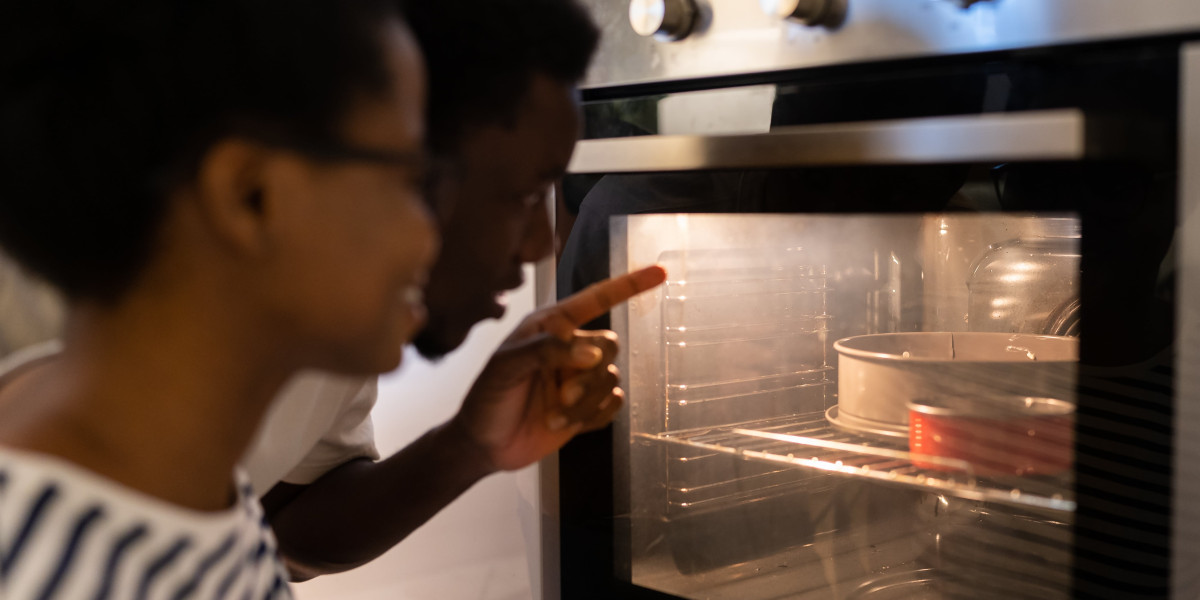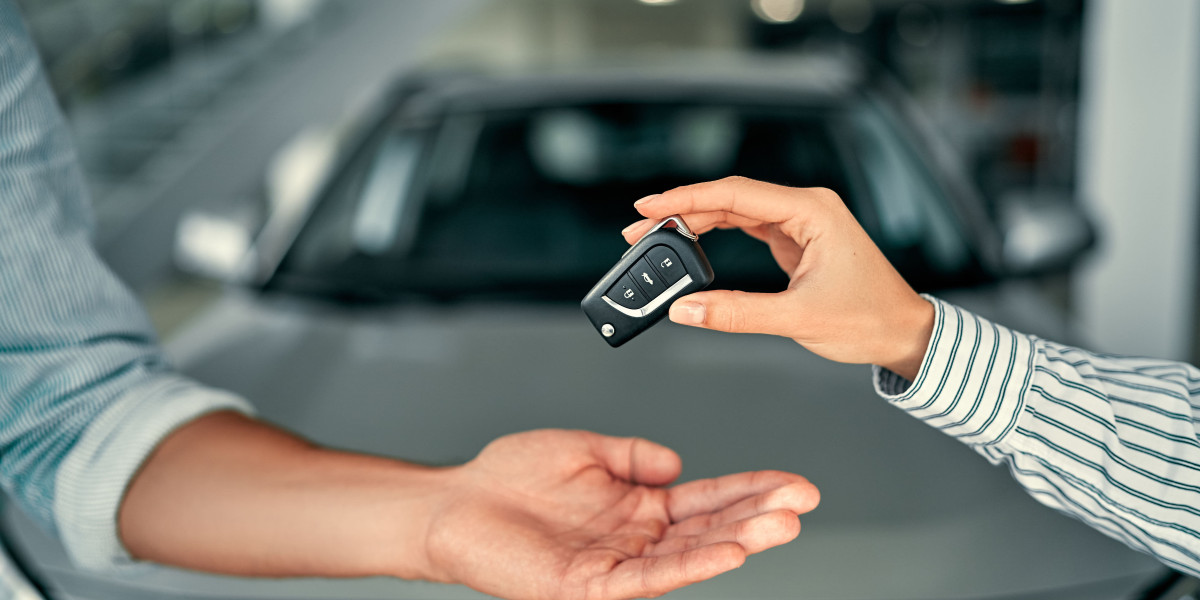Understanding the Licensing System in the UK: A Comprehensive Guide
The licensing system in the United Kingdom is a diverse structure created to control numerous activities, from driving to operating a service. It is important for people and organizations to browse this landscape efficiently, as licenses are frequently required to ensure security, compliance, and reasonable practice. This short article intends to provide a thorough understanding of the licensing system in the UK, covering different types of licenses, the application process, and frequently asked questions.
Types of Licenses in the UK
The UK licensing system incorporates a vast variety of licenses, catering to different sectors and activities. Below are some of the most common kinds of licenses:
1. Driving Licenses
- Full UK Driving License: Required for people to legally drive on public roadways.
- Provisional License: Allows learners to drive under supervision while getting ready for their driving test.
- Taxicab and Private Hire Licenses: Required for drivers of taxis and private hire vehicles to guarantee they fulfill safety and professional requirements.
2. Company Licenses
- Alcohol and Entertainment Licenses: Required for facilities that sell alcohol or supply entertainment.
- Food Business Registration: Mandates any organization that prepares or sells food to register with regional authorities.
- Environmental Permits: Needed for companies that might affect the environment, such as waste disposal and emissions.
3. Expert Licenses
- Medical Licenses: Necessary for physician to practice and offer healthcare services.
- Lawyer and Barrister Licenses: Required for attorneys to offer legal representation.
4. Other Licenses
- Occasion and Festival Licenses: Required for hosting events that might draw in large crowds or posture public security risks.
- Drone and Aviation Licenses: Necessary for individuals or companies using drones for commercial purposes.
The Application Process
Obtaining a license in the UK typically involves an organized application procedure. While the specifics might vary based upon the kind of license, the following basic actions can supply a standard:
1. Figure Out the Required License:
Identify which license is required for the desired activity. This might involve seeking advice from official resources or regional authorities.
2. Collect Required Documentation:
Prepare all required documents, which might consist of recognition, evidence of credentials, or organization details.
3. Submit the Application:
Complete the application-- this might be online or through postal service-- and send it along with the needed documents.
4. Payment of Fees:
Most licenses include associated fees, which need to be paid upon application.
5. Await Processing and Inspection:
Authorities may review the application and conduct evaluations where suitable. Processing times can differ commonly.
6. Get the License:
Upon approval, the candidate will get their license, which might stand for a specified duration, needing renewal thereafter.

Preserving Compliance
Licenses typically come with particular responsibilities that need to be stuck to in order to preserve compliance. Failing to meet these conditions can result in penalties, including fines or revocation of the license. Here are some typical requirements to consider:
Regular Renewals: Most licenses need regular renewal. Monitoring expiration dates is necessary.
Record Keeping: Many licenses necessitate extensive records, whether for monetary data, client interactions, or safety audits.

Mandatory Training: Certain occupations require continuous professional development and training to stay certified.
Often Asked Questions (FAQs)
1. For how long does it take to get a UK driving license?
The timeframe for obtaining a driving license can vary. For a provisionary license, processing typically takes about 3 weeks. A full buy driver's license online (www.jsgagu.com) might take several months depending on the waiting times for driving tests and other aspects.
2. What occurs if I drive without a valid license?
Driving without a valid license can result in large fines, points on your driving record, and possible criminal charges, which can cause a driving restriction or imprisonment in severe cases.
3. Can I look for several licenses simultaneously?
Yes, individuals can request numerous licenses all at once; nevertheless, each application will be assessed individually based upon its requirements and compliance policies.
4. Exist any exemptions to licensing requirements?
Specific activities may have exemptions; for instance, volunteer drivers may not need a taxi license under particular conditions. It is best to consult local guidelines or legal suggestions.
5. What should I do if my license is lost or taken?
If a license is lost or stolen, it needs to be reported to the pertinent authorities at the earliest opportunity. Candidates can then make an application for a replacement through the proper channels.
Navigating the UK licensing system is essential for anybody wishing to take part in activities that need lawful operation, from driving an automobile to running a company. Understanding the numerous licenses available, the application processes, and compliance commitments can assist individuals and services alike in accomplishing their objectives while sticking to legal standards. Whether looking for a driving license or a company authorization, it is essential to stay informed about the constant modifications in regulations and requirements.



